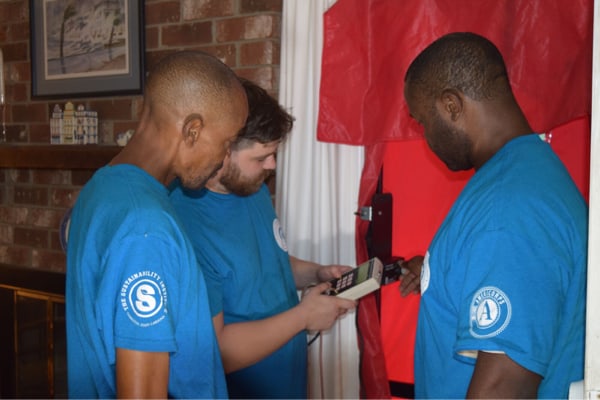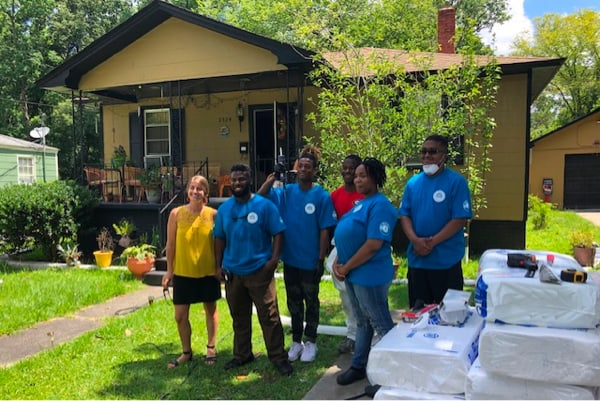With its weatherization and energy upgrade services, The ECC assists low- income households in the greater Charleston metro area who are struggling with unaffordable (and rising) energy costs. We follow HUD’s FY 2024 income limits and serve low, very-low, and extremely-low income families. The process is started when a homeowner submits an application for us to review.
The weatherization process for retrofitting selected homes consists of several stages that ensure program resources are applied in a prioritized manner to have the greatest overall impact on reducing energy bills for the family. Before a home is approved to be worked on, we perform a walk-through assessment to determine if there are any health and safety hazards or concerns. These can include things like major structural damage, moisture damage, the presence of mold, or other situations that could be considered needing critical repair. As a first step after a home is approved, we conduct a comprehensive energy audit to determine the baseline efficiency of the building, to pinpoint the exact locations of where the home is leaking air (using performance testing), and to decide which actions and repairs will achieve maximum effect in sealing the building’s envelope and reducing bills. When the audit is complete we review our proposed scope of work with the homeowner and coordinate our weatherization project.






